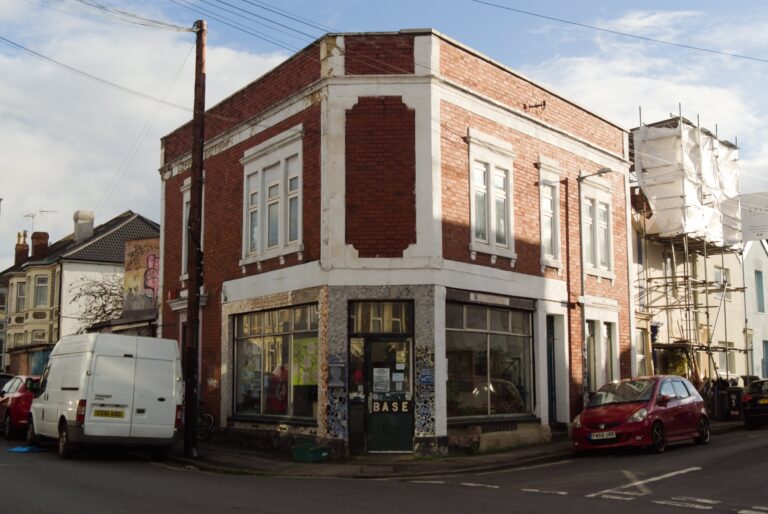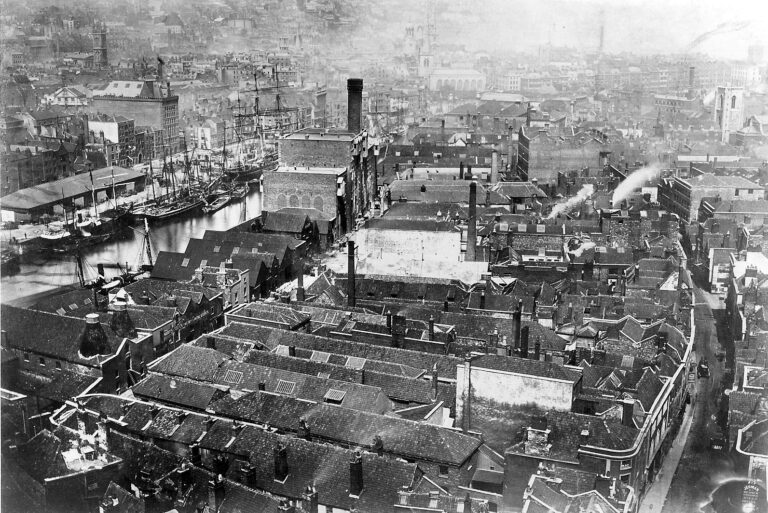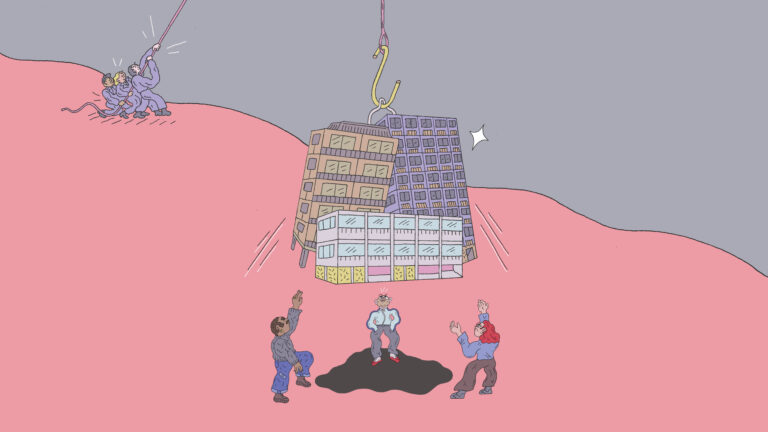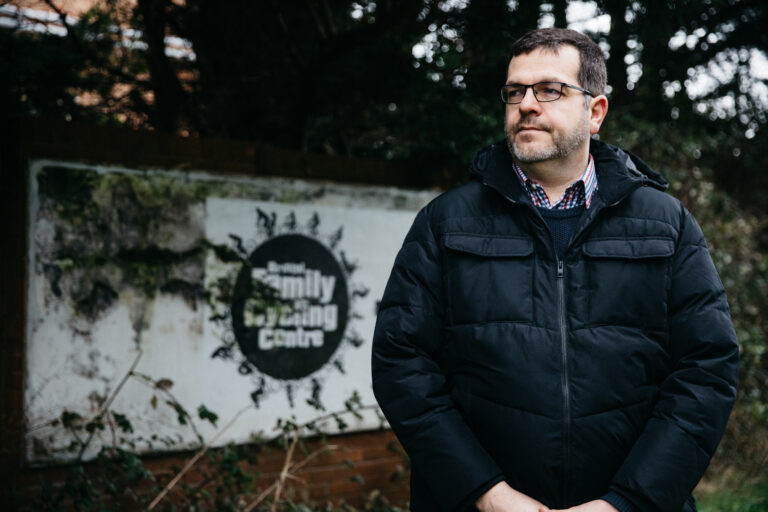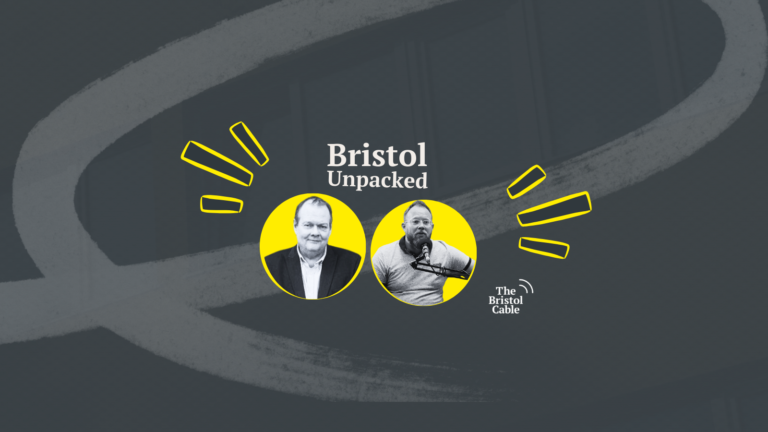More tenant protection, more landlord loopholes
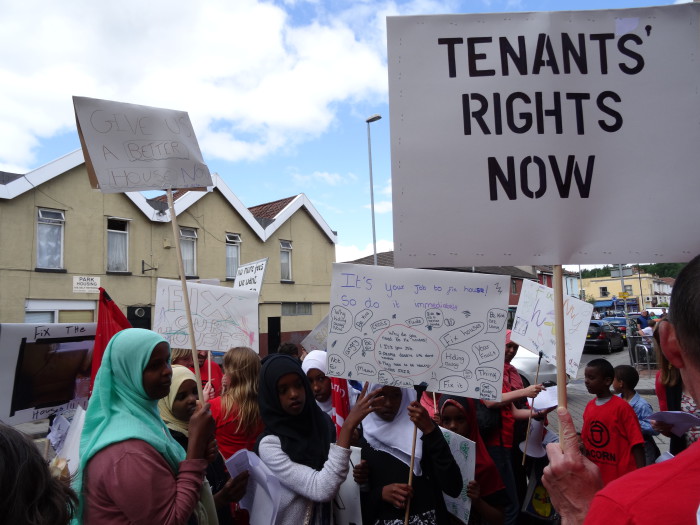
The Cable asks if licensing landlords actually protects tenants in Easton, Eastville and St George.
Photo: Drew Rose
In Bristol 25% of residents privately rent their home – higher than the national average of one fifth, which has itself doubled in the last quarter of a century.
Yet living conditions in this sector are worse than in any other: research by Citizens Advice found that in the UK as many as 16% of all privately rented properties are physically unsafe. National action is not on the cards, since a government bill requiring landlords to ensure properties were ‘fit for human habitation’ was voted down by Conservative MPs back in January.
Locally, authorities have options – such as ‘discretionary license zones’ (DLZ). In areas where standards are especially low, the local authority can require all private landlords to apply for a licence to operate. In Bristol a DLZ has been in place in Stapleton Road since 2013, and in last month new zones were brought in for St George and Eastville.
Could mould, dodgy windows and cowboy landlords be a thing of the past for renters in Bristol’s landlord license zones? There’s a long way to go. Consultations on the scheme prior to its introduction found a dismal 80% of private tenants in both new zones said they’d experienced poor housing conditions.
The Easton experience so far is cautiously positive. Council figures show living conditions have improved for 550 households. Nick Ballard of ACORN, a community union championing the rights of tenants, backs up these figures, believing that tenant’s conditions in Stapleton Road have got better. However, as of October 2015 only 1,150 of properties in the Stapleton Road zone, just 65%, had applied for a license.
A soft touch approach…
The requirements for obtaining a licence vary in different areas, although certain conditions such as the presence of a smoke alarm are mandatory. However, inspection of properties is not a legal requirement of the scheme.
In September 2015, after two years, just over two thirds of licensed properties in the Stapleton Road zone had actually undergone an inspection.
Ballard is concerned that even when inspections are carried out, the approach the Council takes in enforcing licence conditions is too soft – landlords are often granted a licence on agreement that they carry out improvement works, with extensions on deadlines often offered.
He points to one example where a disabled person was left living in a property with a hole in the roof, even though their landlord’s license application had already been accepted.
A spokesperson for the Council confirmed their approach to enforcement is governed by the Regulars Code, which is issued by the Department of Business, Innovation and Skills, and the Council’s Private Housing Enforcement policy. It states an ‘informal approach’ to enforcement is used before formal measures, and that the Council will ‘treat each case on its merits’ before deciding a course of action.
“The informal implementation of the scheme means from a legal standpoint, tenants have no protection.”
“I do not believe a softly softly approach works,” comments Stephen Battersby, a housing consultant who has investigated protection of private tenants by local authorities. “It is actually more wasteful of officers’ time and resources as they can be strung along by landlords and it leaves tenants living in potentially dangerous conditions.”
The informal nature of much of the scheme’s implementation mean that, from a legal standpoint, tenants have no protection. In 2015, the Deregulation Act introduced a law preventing landlords from carrying out ‘revenge evictions’ of tenants who had lodged complaints. The proposed Housing and Planning bill also includes powers to ban rogue landlords from renting and to recover rent for tenants. Crucially, all of these new powers rest around proof of an offence being committed. ‘Informal action’ provides no such proof.
“I suspect they are not tracking down the real villains.”
The Council also risks breaching statutory duty if they inspect properties which present serious risks to health and safety and fail to take legal enforcement action. Actions available include issuing an improvement notice requiring the landlord to begin improvement works within 28 days or face prosecution.
Despite over 200 improvement notices being issued in the Stapleton Road zone, the results of a Freedom of Information request by the Cable show that to date, just six landlords have been prosecuted. This low prosecution rate could be interpreted as a sign of the success of the Council’s strategy to bring properties up to standard.
Battersby, however, is concerned it indicates that either non-compliance is being tolerated or that the worst landlords are not being reached. “If the landlords they are dealing with respond to the gentle approach,” he says, “then I suspect they are not tracking down the real villains.”




